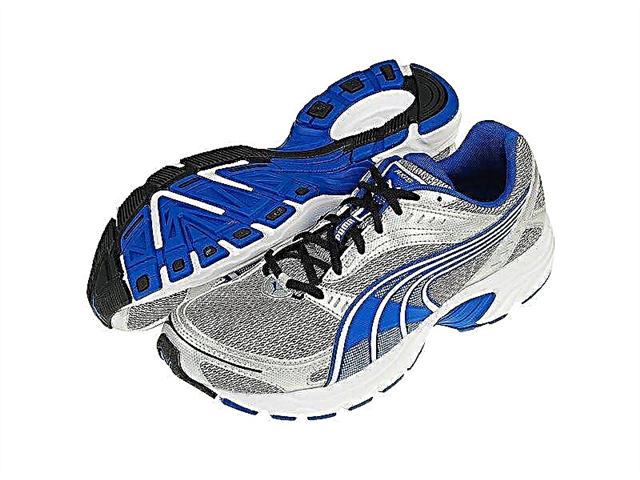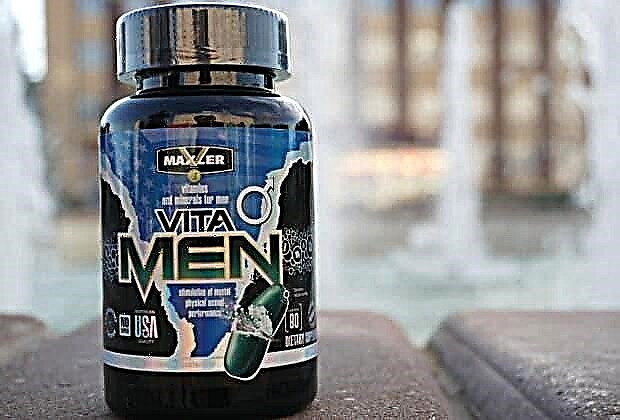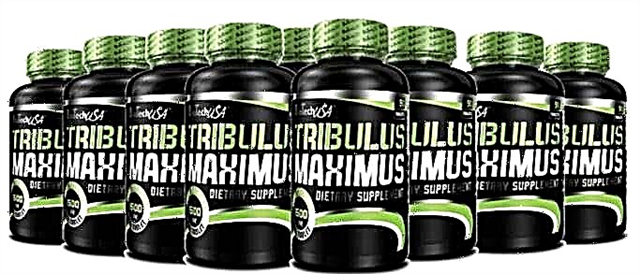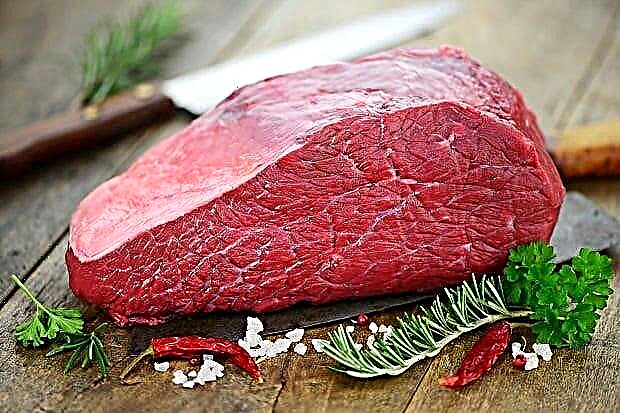Creatine
3K 0 11/24/2018 (last revision: 07/03/2019)
There are two types of creatine that are widely used in sports - monohydrate and hydrochloride. The latter has gained popularity relatively recently. Many athletes find creatine hydrochloride the most effective form of supplementation. Let's see if this is really so.
Application in sports nutrition
Con-Cret is available from ProMeraSports. Now this dietary supplement retains its position as the sales leader in the creatine hydrochloride market. It is believed that this chemical type of substance has the greatest solubility, which means the maximum assimilation and effect on the body.
The powder is used to increase energy reserves during intense physical activity. This effect prevents the triggering of catabolic reactions and accelerates the growth of muscle fibers.
The compound neutralizes the acids formed during active cellular metabolism, which lower the pH of the blood. A shift in acid-base balance causes muscle fatigue.
The action of creatine eliminates discomfort and improves endurance.
The supplement is used by athletes to better absorb glucose.
How the manufacturer recommends taking the supplement
According to the manufacturer's description, the supplement is consumed based on the weight of the athlete.
It is recommended to take one scoop per 45 kg body weight. The dietary supplement is consumed 30-60 minutes before training. The powder is thoroughly dissolved in water or juice. During periods of intense physical activity, for example, before a competition, the dosage may be increased to two measuring spoons per 45 kg of weight.
Allegations of the superiority of hydrochloride and their refutation
There are a number of claims about the superiority of creatine hydrochloride over monohydrate, but experts agree that this is just part of the marketing promotion of the product.
Let's consider these statements from an objective point of view:
- "Creatine hydrochloride does not retain fluid at the cellular level, unlike monohydrate." In fact, both substances promote cell hydration, including muscle fibers. This effect is almost invisible visually. In addition, the retention of a small amount of fluid contributes to the increase in musculature and gives the body relief. Therefore, athletes consider moderate hydration to be a beneficial effect of creatine.
- "The new form of creatine does not require cyclic use." The same statement is true for the monohydrate, since the use of dietary supplements does not lead to a decrease in the activity of the independent synthesis of the substance by the body. In addition, the course use of sports powder does not enhance the anabolic effect and does not eliminate side effects that rarely occur with any supplement regimen.
- "ProMeraSports Con-Cret does not induce dyspeptic disorders." Side effects from taking sports powder are rare, and the most common of these is gastrointestinal dysfunction. You may experience nausea, abdominal pain, flatulence, and diarrhea. These side effects can develop with the use of any form of creatine. Most often, the appearance of these symptoms is associated with an excess of the permissible dosage.
- "The hydrochloride form is several times more effective than the monohydrate." This statement cannot be 100% reliable, as this supplement has not yet gone through the necessary focus group research. Experts suggest that the resulting type of creatine affects the body in the same way as monohydrate.
- "The innovative form of creatine does not require a loading phase - a supplement regimen that involves initially consuming high doses of the compound." The assertion is controversial, since there are no strict recommendations for using any form exactly according to this scheme. In addition, exceeding the permissible concentration increases the risk of side effects.

Outcome
Since ProMeraSports' Con-Cret has not undergone randomized trials, low or high potency cannot be claimed.
Nutritionists recommend using monohydrate, as this form of the substance is the most studied. The supplement has been involved in many studies that have confirmed its effectiveness and safety. For example, Mayhew DL, Mayhew JL, Ware JS (2002) - “Effects of long-term creatine supplementation on liver and kidney functions in American college football players”, link to publication. (text in English).
So, experts recommend using a monohydrate: this sports supplement is proven to be effective and safe and costs an average of 800 rubles per 600 g, while the hydrochloride in a 48 g package costs 2,000 rubles.









